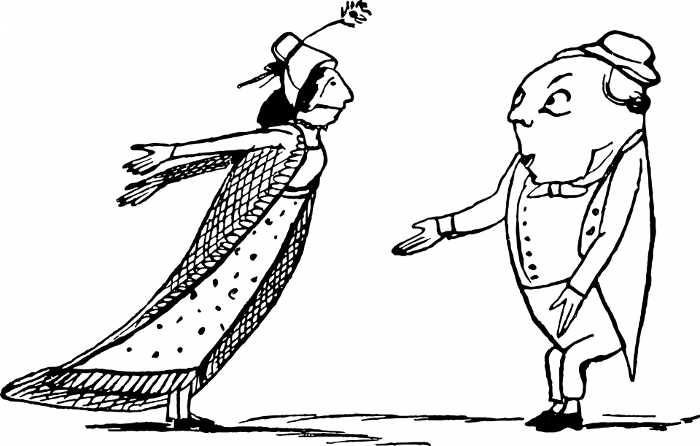FWP:
SETS == KYA
SPEAKING verses: {3,9x}; {3,13x}; {14,4}; {14,7}; {15,11}, with a list of kyā kahūñ verses; {19,2};
{19,3}: {20,4};
{21,13}; {24,7};
{25,1}; {25,10x}; {32,3}; {36,5};
{36,6}; {36,11};
{37,4x}*; {39,4};
{42,1}; {46,7}; {53,9};
{58,10}; {59}, kahe baġhair ;
{62,11}; {72,4}; {74,2x}; {86}*; {86,4}, on 'tone'; {88}; {91,2}; {103,1}*; {107,7}; {109,6x}; {109,7x}; {120,11}; {125,1}**; {125,4}; {126,10}**; {127,1}, rejected; {138,5}; {141,1}; {147,1}, 'flame of the voice'; {149,8x}; {151,9}; {156,3x}; {157,2}*; {159,4}; {160,4}*; {163,1}; {173,5}; {177,1}*; {178,1}; {178,3}; {178,9}; {183,3}; {191,1}; {201}, kyā kahiye ; {208,7}; {209,1}**, ultimate; {215,4}; {231,8} // {349x,4}*; {349x,8}; {351x,3}, poetry; {361x,3}, poetry; {370x,7}; {392x,2}; {422x,2}; {424x,1}, plea to the Lord; {427x,6}; {433x,7}* vs. silence; {435x,7}, poetry; vs. silence; {438x,4}
The perfectly chosen, elegantly multivalent word bhed (see the definition above) sets us up for the question in (2a). The lover thinks it is a rhetorical question, but we know that unfortunately it's not. It's all too possible that the beloved's bhed is something cruel or exploitative toward the lover, and her show of 'opening up' to him is some kind of a preparatory trick.
Or else, as in (2b), the defensive lover is protesting too much. He is struggling to justify the beloved's behavior at all costs. And of course, what does it mean to say that the beloved 'opened up' to the lover, if he didn't understand a single thing the beloved said, or what intention might lie behind it?
Among the other flexibilities of kyā
, in the second line, kyā kam hai can be read as a
general, idiomatic, rhetorical question ('Is it a small thing? --of course
it's not!'). For another such use, see {120,2}.
Alternatively, however, it can apply specifically to the first line: it would
have been a 'big thing' for me to understand her conversation and know her
secrets; but her opening up to me-- is that a lesser thing? (Of course it's
not, it's just as good, or almost as good.)

Nazm:
In this verse, 'to open' means 'to converse freely and informally'. (14)
== Nazm page 14